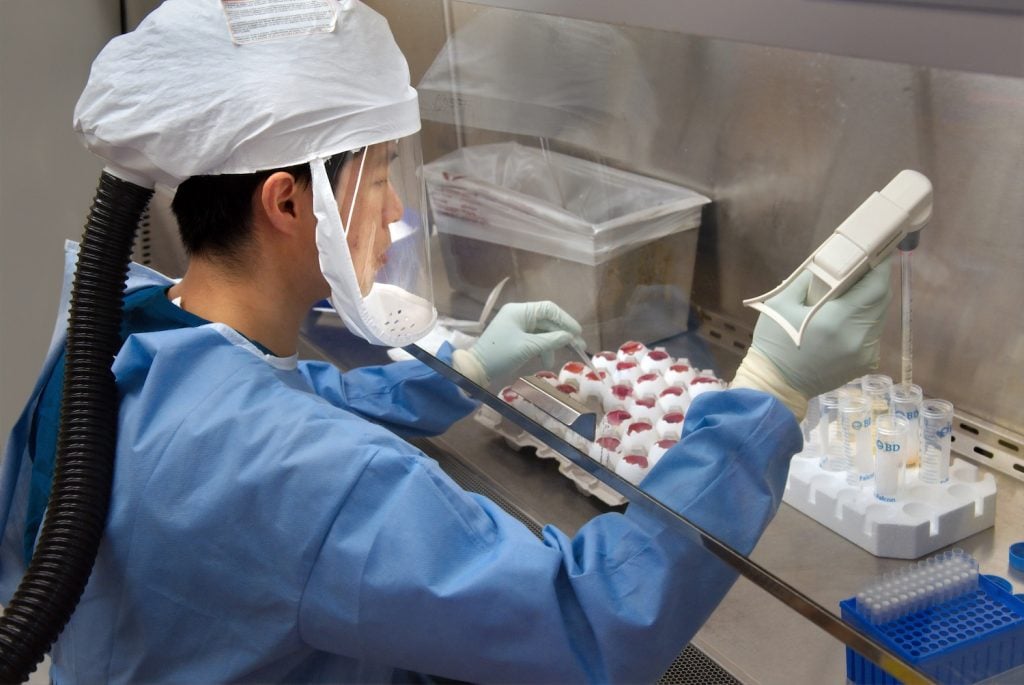As of December 1, China is enforcing new regulations requiring all research institutions—including universities, hospitals, and enterprises—to undergo ethics reviews. The move, according to the Ministry of Science and Technology, is aimed at ensuring that science and technology are used “for good.”
The regulations will require universities, hopsitals and companies to undergo ethics reviews
This development represents a first for China, bringing it to the forefront in establishing guidelines for ethical considerations in fields such as human and animal research, as well as artificial intelligence (AI). Among the areas needing third-party expert verification are algorithmic models with social influence, invasive brain-computer interfaces, and automated decision-making systems affecting health and security.

But what does this mean for the nation’s push towards scientific innovation? On one hand, the new regulations could serve as a much-needed moral compass, especially in a landscape marked by ethical quandaries like the one involving Chinese scientist He Jiankui. He shocked the world by creating gene-edited babies and was later imprisoned for illegal medical practices.
On the other hand, the guidelines could stifle innovation. The formation of an ethics review committee, with a minimum of seven members, could slow down research projects. These committees have the authority to cancel projects, posing a potential roadblock to fast-paced scientific advancements.
The guidelines also cast a wide net over “sensitive research areas,” requiring data and algorithms—integral components of AI development—to undergo the review process. This could impact China’s standing in the global tech race, especially as AI becomes an increasingly critical component in sectors ranging from healthcare to national security.
RELATED:
- China Gains Access to Advanced Semiconductor Technology as US Waives Export Controls
- Xiaomi Launches New Mijia Air Conditioner 1.5 HP 2023 in China
- Download the best GCam APK for OnePlus Nord CE 3 5G
(Via)







